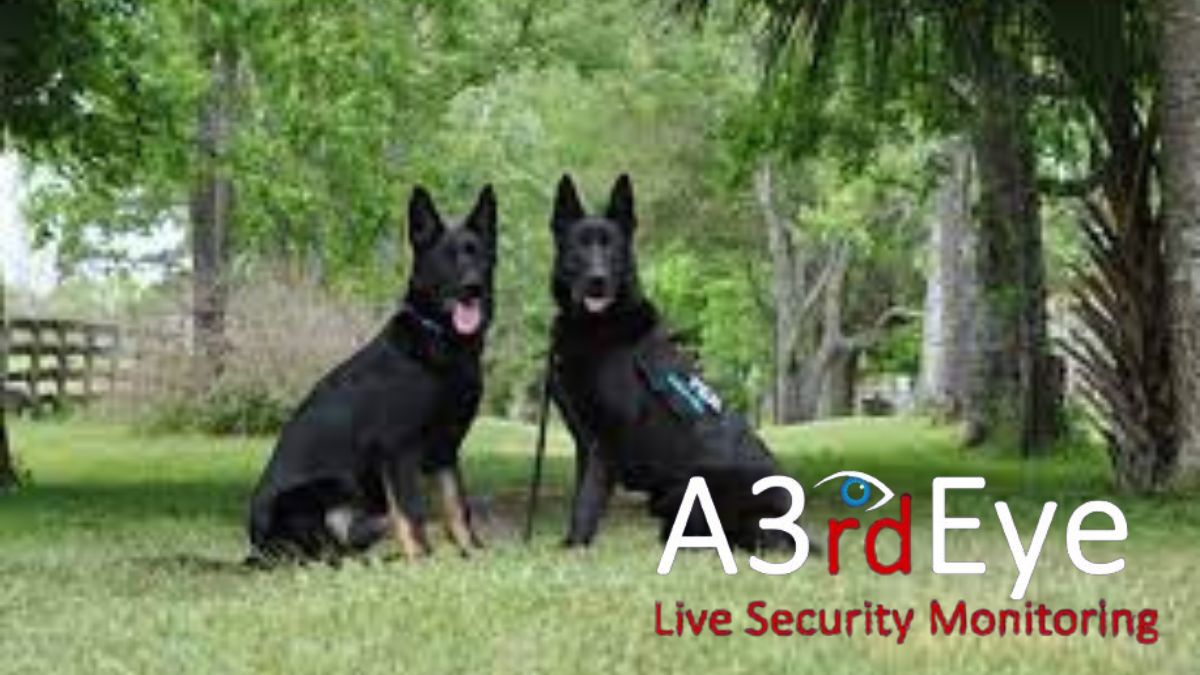
Guardian Angels: Medical Service Dogs
Guardian Angels Medical Service Dogs Medical service dogs have become a symbol of hope in a society where people must overcome many obstacles. People with disabilities or medical conditions benefit greatly from the support and companionship of these carefully trained dogs, which allows them greater freedom and improves their quality of life.
The Role of Medical Service Dogs
Guardian Angels Medical Service Dogs Dogs trained to assist people with disabilities are more than just friendly companions; they are highly trained professionals. Helping the visually impaired find their way or warning a diabetic of dangerously low blood sugar levels are just two examples of these kind of duties. By doing so, medical service dogs give their handlers a better sense of independence and confidence in their daily lives.
Types of Medical Service Dogs
Different kinds of service dogs are available for people with different medical requirements. Let’s have a look at some of the most popular types:
1. Guide Dogs
People who are blind or visually handicapped commonly use guide dogs because they are reliable companions that can help them get around independently.
2. Hearing Dogs
People with hearing loss can benefit from the assistance of a specially trained hearing dog. They are programmed to alert their owners to a variety of situations by reacting to common sounds like doorbells, alarms, or a person’s name.
3. Mobility Assistance Dogs
Dogs with special training to assist people with mobility issues. They help in several ways, including opening doors, fetching items, and maintaining one’s equilibrium.
4. Seizure Response Dogs
Dogs with seizure response training are able to assist their owners before, during, and after an attack. By warning those around them, they can calm the patient, retrieve necessary medications, or get aid.
5. Diabetic Alert Dogs
Dogs with special training may sense when a person’s blood sugar level is about to drop or rise, warning their owners so they can take preventative measures.
6. Psychiatric Service Dogs
People with psychiatric disorders, such PTSD, anxiety, or depression, benefit from the companionship of psychiatric care dogs. They’re there to provide an ear, calm your nerves, and generally be a positive influence.
7. Autism Assistance Dogs
Individuals on the autistic spectrum often benefit from the assistance of a highly trained service dog. They make you feel at ease, save you from getting lost, and help you connect with other people.
The Training Process
A medical service dog must go through extensive training to guarantee they can carry out their duties consistently and accurately. Let’s dive into the training process and its many phases:
1. Selection and Evaluation
Dogs are carefully chosen by trainers based on their personality, intelligence, and motivation to learn. The selected applicants are put through rigorous testing to ensure they are a good fit for the service positions available.
2. Specialized Training
Dogs are put through rigorous training to acquire the skills necessary for their designated occupations. To guarantee the dogs are able to carry out their jobs, they undergo training that includes obedience, task-specific skills, and behavior reinforcement.
3. Bonding with Handlers
After the dogs have been trained, they are paired with handlers based on the requirements and personalities of each individual. Teamwork and clear communication between dog and handler are impossible without a solid foundation of trust between the two.
4. Public Access Training
Service animals learn proper behavior in a variety of public places during public access training. Their training assures that when they accompany their owners out in public, they won’t cause any trouble or bother anyone.
Benefits of Medical Service Dogs
People with disabilities or medical issues might greatly benefit from having a medical service dog by their side. Let’s have a look at a few of these benefits:
1. Physical Assistance
Physical chores like fetching goods, opening doors, and maintaining balance while walking can all be made easier with the help of a medical service dog. These jobs help their owners become more mobile and self-reliant.
2. Emotional Support
Having a medical service dog as a companion can provide invaluable psychological and physical benefits. The trust and companionship shared between a handler and his or her dog might help in times of difficulty.
3. Independence and Freedom
A medical service dog allows its human partner more freedom because the handler can focus on healing while the dog takes care of the dog’s basic needs.
4. Enhanced Safety
Dogs used in the medical field are educated to look out for danger and alert their owners before it’s too late. Dogs trained to recognize the signs of an impending seizure can advise their owners to go to a safe place or get help in time.
Legal Rights and Regulations
Laws exist to safeguard the rights of medical service dogs and the people who rely on them to access public accommodations. Discrimination against people with disabilities who are accompanied by service dogs is generally prohibited by these regulations, which differ from country to country and state to state.
The Impact on Daily Life
A person’s daily life can be drastically improved by having a medical service dog by their side. Let’s look into some testimonials and anecdotes that show the influence these angels have had on people’s lives:
How to Obtain a Medical Service Dog
There are a number of factors and processes to consider while looking for a medical service dog. The first step is to find a reliable organization that provides and trains these canines. Due to the tremendous demand for these exceptional companions, the adoption procedure may require applications, interviews, and wait times.
The Cost and Funding Options
Costs associated with getting a trained service dog for medical purposes can add up quickly. However, several sources of finance like grants, sponsorships, and crowdsourcing exist. Furthermore, several groups offer low-cost or free dog adoption services.
The Responsibility of Ownership
Having a dog trained as a medical service animal is a huge responsibility. Caretakers are liable for ensuring their charges receive adequate medical attention, food, and exercise. It is equally important to keep the dog’s training up to date and fresh throughout its life.
The Importance of Public Awareness
Medical service dogs play an important role in people’s lives, and increasing public knowledge of this fact is critical to promoting greater understanding and acceptance of these animals. More people will be able to gain from efforts to support these remarkable animals if myths and misconceptions about them are dispelled through education programs.
Conclusion
Medical service dogs are exceptional friends and helpers in a world where disabilities can severely diminish one’s quality of life. People with disabilities or medical illnesses are lucky to have such devoted, well-trained, and special-skilled advocates in their lives. These people will be able to live more self-sufficient, satisfying lives with their help.
An average medical service dog takes about six months to train.
The time it takes to teach a dog can range from months to years, depending on the dog’s tasks and talents.
How open is the door for obtaining a service dog for medical purposes?
Answer: A dog trained to aid people with impairments or medical issues is called a “medical service dog.”
Is it the policy that service dogs for the disabled are welcome everywhere?
Answer: In the vast majority of nations, service animals are permitted on all forms of public transportation, as well as in businesses and restaurants.
Inquiring minds want to know if they can raise their very own medical service dog.
While some people may opt to train their own service dogs, doing so effectively involves a significant investment of time, energy, and expertise.
How can I help groups that train dogs to assist people with disabilities?
To help these groups keep doing their important job, you can donate money, give your time, or attend fundraising events.

Guardian Angels Medical Service Dogs

